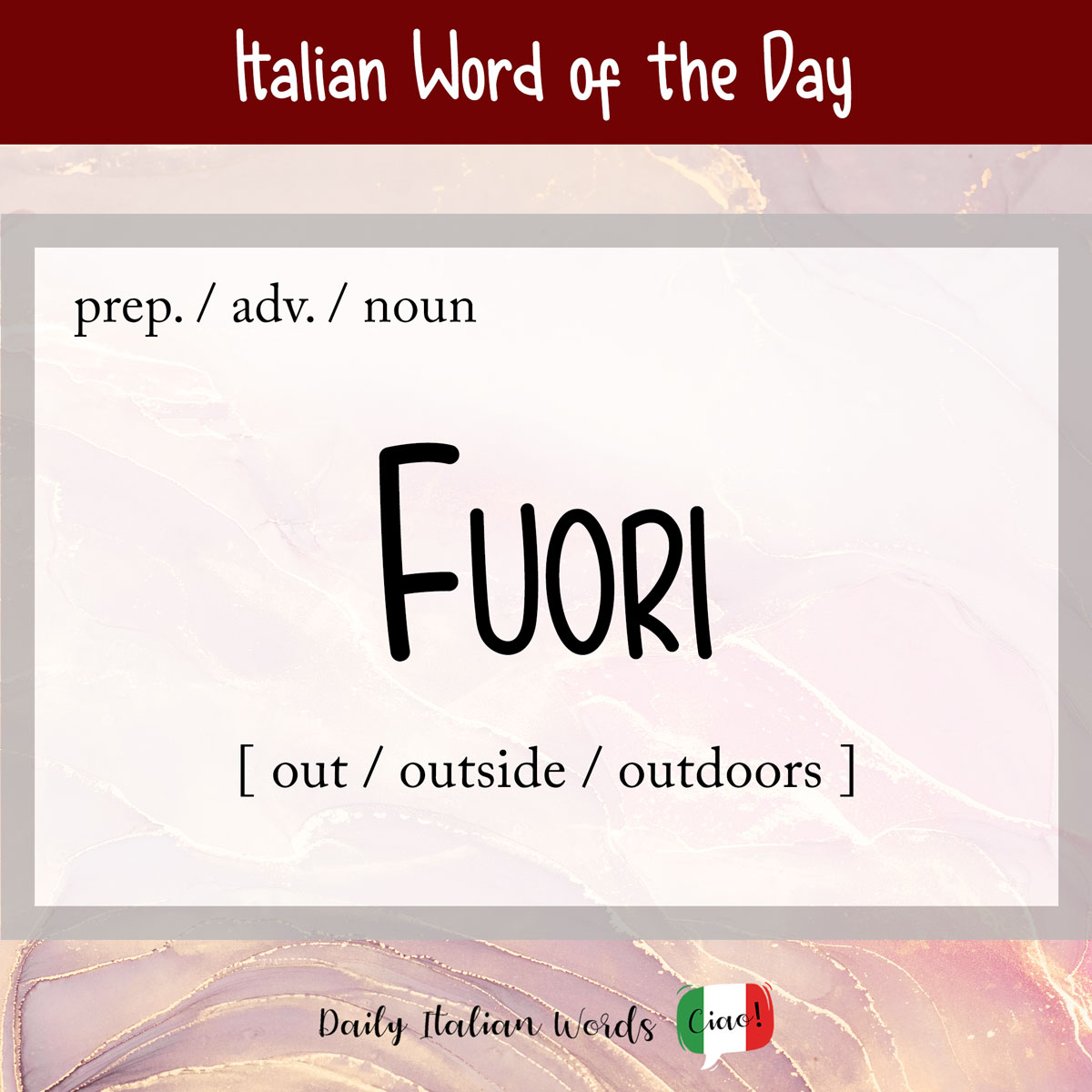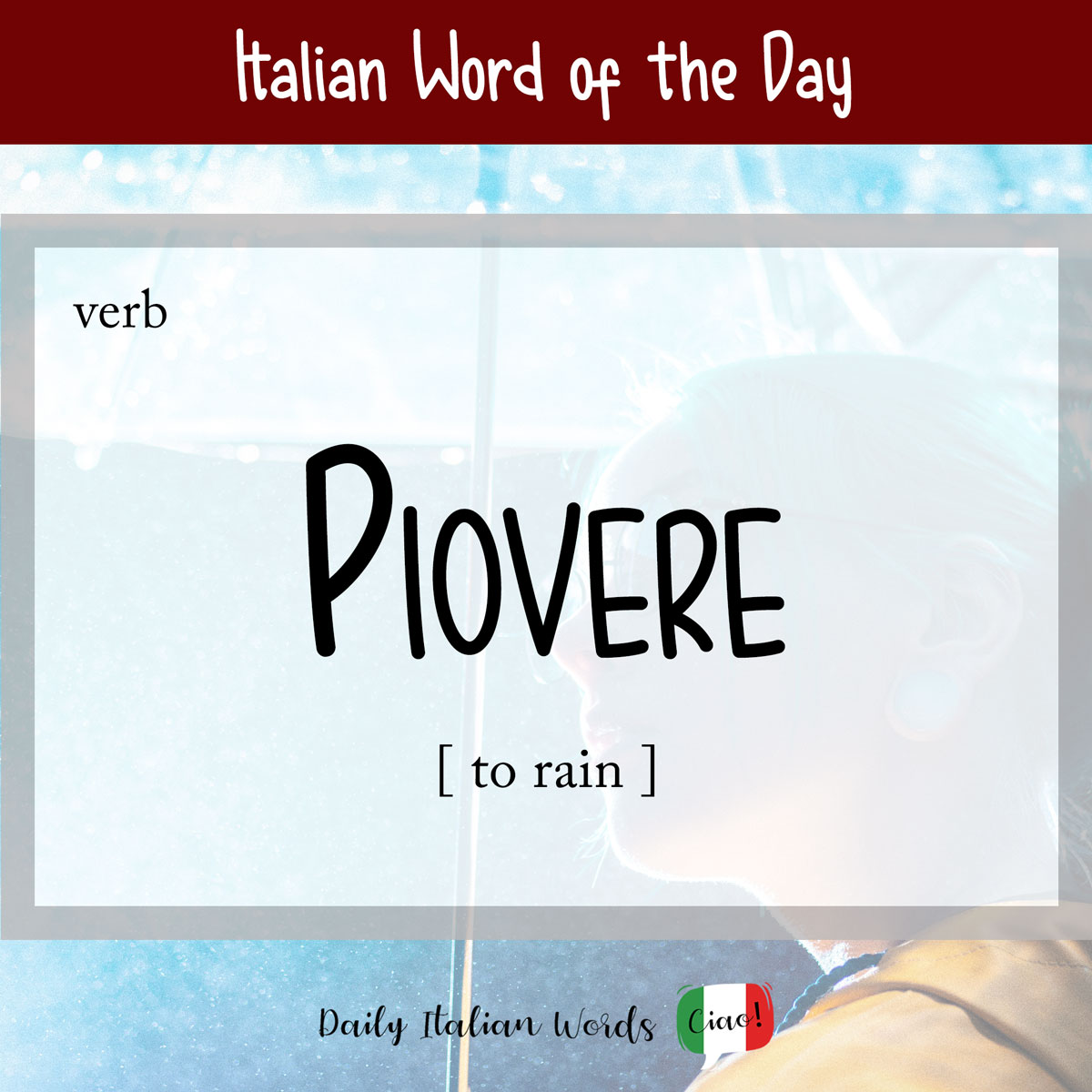Italian Word of the Day: Dare (to give)
Today we are going to focus on a verb that, in many ways, forms the backbone of the Italian language along with other important verbs like fare (to do/make), avere (to have) and essere (to be). That verb is dare (to give), and you can hear how it’s pronounced below: dare to give Dare may …






